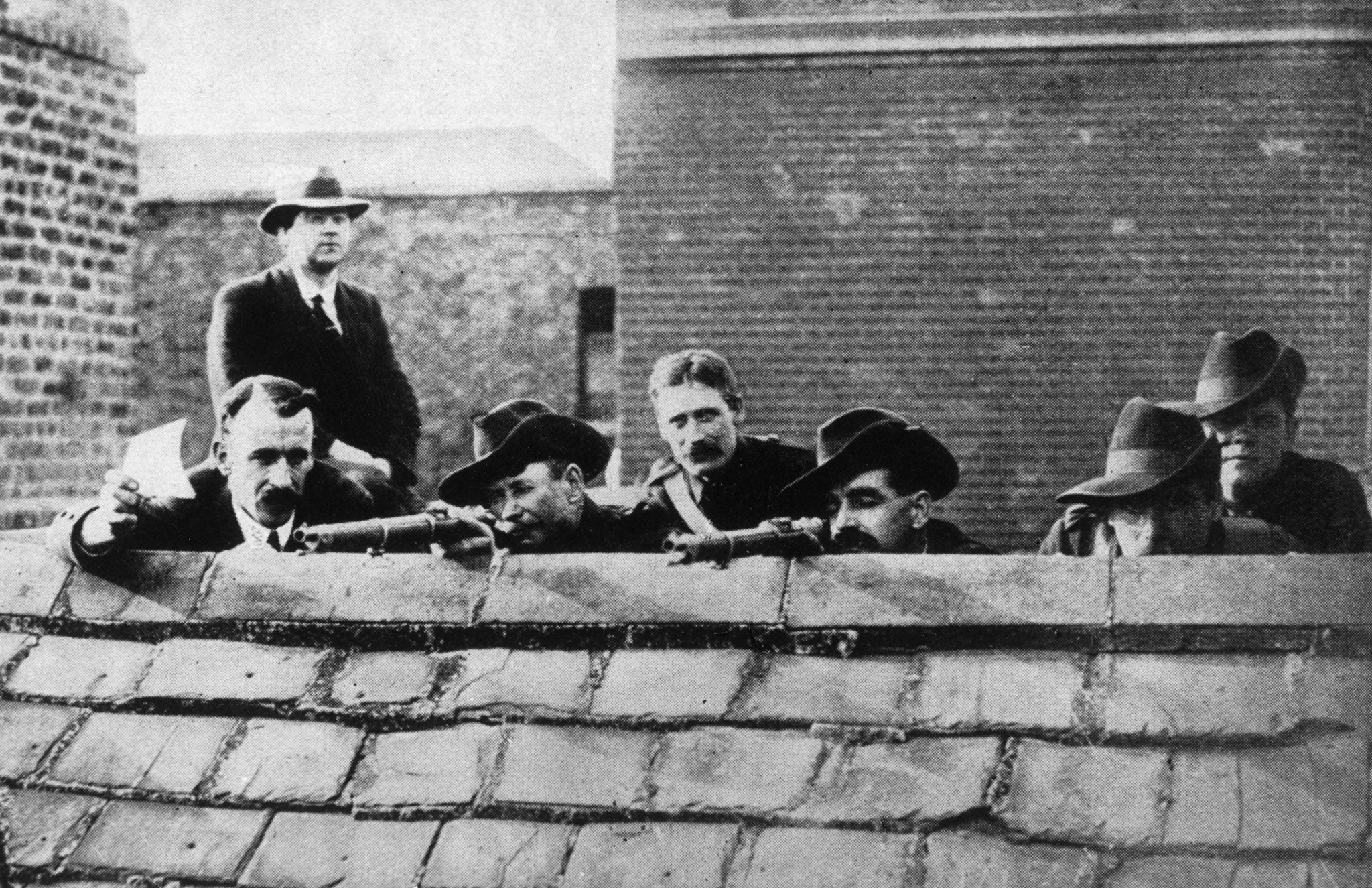Easter Widows by Sinead McCooke, book review
McCoole follows the lives of seven women widowed by the 1916 Easter Rising

Your support helps us to tell the story
From reproductive rights to climate change to Big Tech, The Independent is on the ground when the story is developing. Whether it's investigating the financials of Elon Musk's pro-Trump PAC or producing our latest documentary, 'The A Word', which shines a light on the American women fighting for reproductive rights, we know how important it is to parse out the facts from the messaging.
At such a critical moment in US history, we need reporters on the ground. Your donation allows us to keep sending journalists to speak to both sides of the story.
The Independent is trusted by Americans across the entire political spectrum. And unlike many other quality news outlets, we choose not to lock Americans out of our reporting and analysis with paywalls. We believe quality journalism should be available to everyone, paid for by those who can afford it.
Your support makes all the difference.Grace Gifford's marriage to Joe Plunkett was unusual. The wedding took place at 11.30pm in the chapel at Kilmainham jail, and the couple made their vows by candlelight witnessed only by army officers. After the ceremony they were allowed 10 minutes together in Joe's cell. He knelt beside her but both were too upset to speak. The next morning the groom was shot by a British firing squad because he was one of the leaders of the Easter Rising in Dublin.
Grace's brief encounter is one of the poignant stories in Sinead McCoole's Easter Widows: Seven Irish Women Who Lived in the Shadow of the 1916 Rising. The book traces the lives of Kathleen, Maud, Lillie, Fanny, Agnes, Grace and Muriel before and after the Irish rebellion against British rule which made them widows. In this intense atmosphere of secrecy and sacrifice their stories were equally romantic and tragic. They were a diverse group; the charismatic, wealthy Maud Gonne had little in common with Lillie Connolly, who lived in grinding poverty.
Muse of the poet William Butler Yeats, mistress of the French politician and journalist Lucien Millevoye and wife of the Irish nationalist John MacBride, Maud was so beautiful that men found her irresistible. A campaigner for Irish nationalism, she enjoyed dicing with danger. Characteristically, after an American speaking tour she brought back a live baby alligator for her six-year-old daughter. However, by the time of the Rising she was separated from MacBride, having accused him of indecent behaviour towards her daughter and adultery with her half-sister.
In contrast Lillie Connolly was a self-sacrificing and loyal wife to her husband James to the end. James's political ambitions meant them moving to America, then back to Ireland with their five children. She told Maud "he cares nothing but for the cause" but added that she "would not have him otherwise".
Although very different, the women were united by the traumatic days in April and May 1916 when their husbands led an armed rebellion and issued a Proclamation setting up a Provisional Government of the Irish Republic – but were then defeated and executed. Their deaths cast a long shadow. Both Grace Plunkett and Kathleen Clarke miscarried their babies. Muriel never recovered from the loss of her husband, the poet Thomas MacDonagh. During a holiday with the other widows she started swimming out to sea and never stopped, leaving her children orphans. The widows were determined to continue fighting for independence. Their political involvement led to raids on their houses and imprisonment. Maud and Kathleen were sent to Holloway Prison in London while Grace returned to where she spent her wedding night, in Kilmainham jail.
Sinead McCoole's passion for her subject gives an energy to her writing. Drawing on new research and skilfully weaving the skeins of the seven stories together, she makes us think about the high price paid by the women for their husbands' political dreams.
Join our commenting forum
Join thought-provoking conversations, follow other Independent readers and see their replies
0Comments